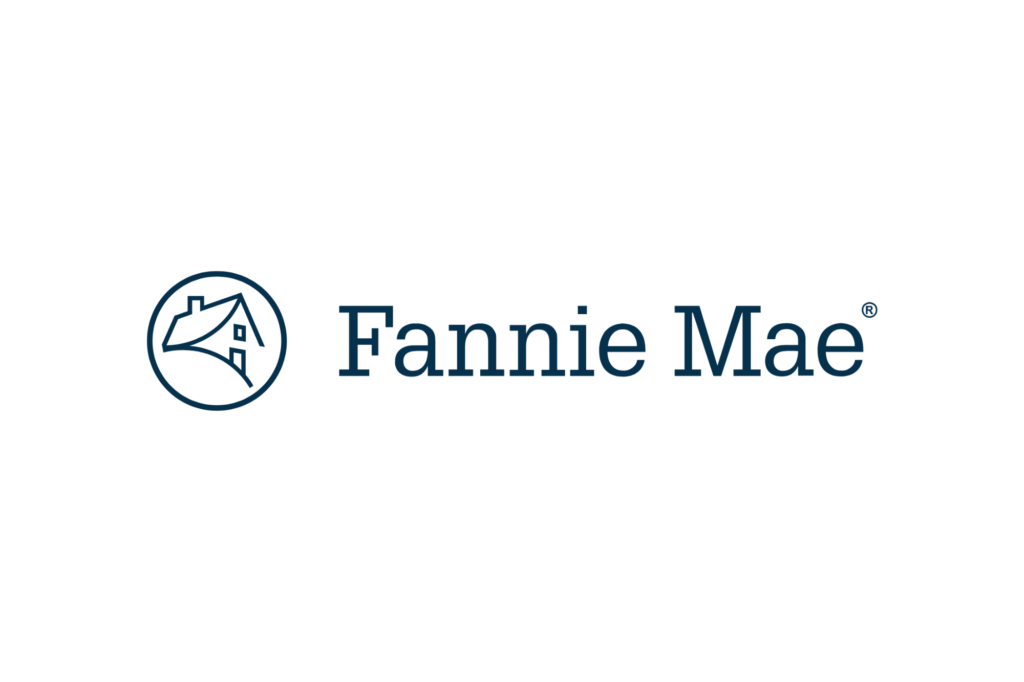
Fannie Mae logo
The Federal National Mortgage Association (NYSE: FNMA) who acronym is Fannie Mae was the poster child of 2008 financial crisis. Due to exposure to risky mortgage-backed securities, Fannie Mae was facing imminent collapse. To prevent disruption to the home mortgage industry, the federal government placed Fannie Mae into conservatorship under the Federal Housing Finance Agency (FHFA). This move effectively placed control of Fannie Mae with the government and changed the nature of its stock. Fannie Mae was delisted from the New York Stock Exchange in 2010, but continues to trade over-the-counter between $1 and $2 a share.
Fannie Mae has generally been profitable over the last 15 years with stable revenue generated from its core business of buying and guaranteeing mortgages. It has benefited from a strong housing market with increased home sales, higher property values, and lower levels of mortgage defaults. However, nearly all of Fannie Mae’s net income is paid to the U.S. Treasury as dividends and does not directly benefit its shareholders.
Over the years, several legislators have been involved in efforts to end Fannie Mae’s conservatorship, with varying approaches based on their views on housing finance reform.
- Senator Mark Warner (D-VA) and Senator Bob Corker (R-TN): Warner and former Senator Corker co-sponsored the “Corker-Warner” bill in 2013, one of the most significant bipartisan efforts to reform the housing finance system and wind down Fannie Mae. The bill proposed replacing government-sponsored enterprises (GSEs) with a privately funded system supported by a government backstop. While it attracted interest, it faced challenges moving forward.
- Senator Tim Scott (R-SC): Scott has been active on the Senate Banking Committee, advocating for reform measures aimed at reducing the government’s role in the mortgage market. He has called for more private capital in housing finance and supported efforts to scale back Fannie Mae’s footprint.
- Senator Mike Crapo (R-ID): As former chairman of the Senate Banking Committee, Crapo proposed a housing finance reform bill in 2019 that aimed to end the conservatorship and to implement measures to increase competition in the mortgage market while reducing government involvement. Though it garnered attention, it didn’t gain the bipartisan support needed to advance.
- Senator Pat Toomey (R-PA): As a senior member of the Senate Banking Committee, Toomey was a vocal proponent of reforming or privatizing GSEs before his retirement in 2023. He argued for scaling back the federal role in housing finance.
Even with a Trump administration and a Republican-controlled Congress, it would be a long and arduous process to privatize Fannie Mae. And, if Fannie Mae were to go to Wall Street to raise funds and to get listed on a major exchange again, existing shareholders would get diluted.




